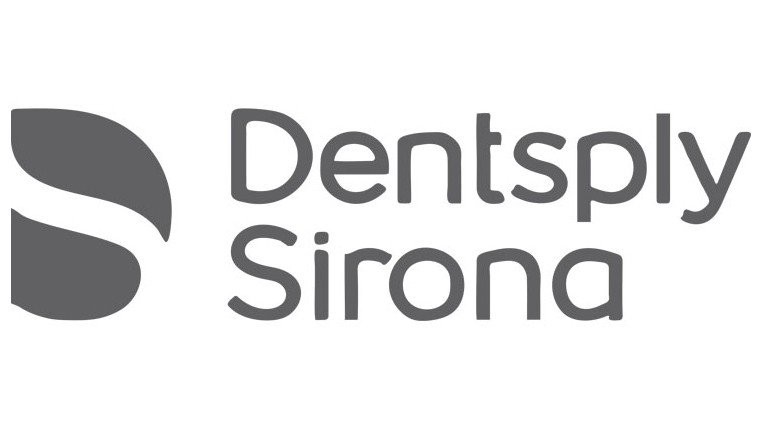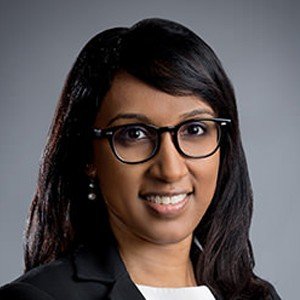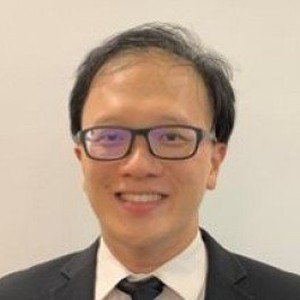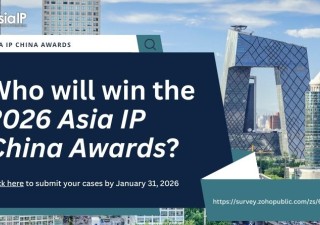Singapore: Applications for declaration of invalidity against trademark registrations Microarch, Sentalloy and Bioforce
29 February 2020
 Tomy Incorporated v. Dentsply Sirona Inc. [2019] SGIPOS 13
Tomy Incorporated v. Dentsply Sirona Inc. [2019] SGIPOS 13
This matter involved three invalidation proceedings instituted by Dentsply Sirona, Inc. (the applicant) against Trade Mark Registration Nos. T1301268F for the mark “Microarch”, T1301266Z for the mark “Sentalloy”, and T1301267H for the mark “Bioforce” (collectively, the subject marks) that were registered in the name of Tomy Incorporated (the proprietor).
The applicant sought to invalidate the registrations of the subject marks under Sections 8(7)(a), 8(2)(b), 8(4)(b)(i), and 7(6) read with Sections 23(1) and 23(3) of the Singapore Trade Marks Act.
Background and the relationship between the parties
There was a longstanding relationship between the parties, dating back to 1967 when one of the applicant’s subsidiaries, GAC International, Inc. (now known as GAC International LLC) (the term GAC will be used to refer to this entity, whether under its previous or current name), was appointed as a distributor of the proprietor’s orthodontic products. The intentions and agreement between the parties with regard to the ownership and use of the subject marks as could be gleaned from their past and existing relationship were set out in the relevant agreements between them, namely the agreement on January 4, 1986; followed by an agreement on September 1, 1998; another on December 1, 2004; and the latest on March 22, 2012.
Based on the common thread across the three latter agreements (collectively, the last three agreements), there were two categories of marks – the Tomy Trademarks that belong to the proprietor, and a list of existing trademarks (which included the subject marks) that belong to GAC and/or its affiliates (including the applicant). Ownership of rights in the subject marks clearly vested in the applicant, while ownership of rights in the Tomy Trademarks clearly vested in the proprietor. While there were changes in the agreements over the years in relation to the exclusivity of parties’ rights and territories concerning the sale of the orthodontic products, no change was made to the ownership of the intellectual property rights.
Furthermore, it was a term in the last three agreements that neither party should directly or indirectly do anything which would impair the value or validity of any of the other party’s trademarks, trade names, brand names or any other similar industrial or other intangible property or rights which the other party owned or possessed or would own or possess in or outside the territory in the future.
Issues and decision of the registrar
Ground of invalidation under Sections 23(1) and 7(6) and decision thereon
The applicant sought to invalidate the registrations of the subject marks in the name of the proprietor under Sections 23(1) and 7(6) of the Singapore Trade Marks Act on the basis that the applications were made in bad faith.
The registrar noted that in the last three agreements, the proprietor did not have rights to own the existing trademarks or to use the existing trademarks (which included the subject marks) in an exclusive way. It was clear from this that the ownership of the existing trademarks (which included the subject marks) in all the territories was always intended to remain with GAC and its affiliates (including the applicant). It was also for this reason that the proprietor had to be given a limited non-exclusive licence to use the existing trademarks (which included the subject marks) in conjunction with the production and sale of orthodontic products to GAC, until the termination of the agreement.
Based on the common thread across the last three agreements, the registrar found that the ownership of rights in the subject marks clearly vested in the applicant, while ownership of rights in the Tomy Trademarks clearly vested in the proprietor.
The registrar opined that with the knowledge of the terms of agreement between the parties with regard to the ownership of rights in the subject marks and the non-dilution clause associated therewith, the proprietor’s act of registering the subject marks that were the property of GAC and its affiliates (including the applicant) amounted to hijacking of GAC’s trademarks and impairing the value or validity of GAC’s trademarks. It clearly fell outside the scope of acceptable commercial behaviour observed by reasonable and experienced persons. Furthermore, there was no evidence of use in Singapore of any of the subject marks by the proprietor after 1998. On the contrary, post-1998, the evidence pointed to use in Singapore by the applicant instead.
Taking into consideration all the surrounding circumstances, the registrar concluded that the applications were made in bad faith.
As the proprietor’s registrations for the subject marks were found to be invalid on the ground that the applications were made in bad faith, the registrar opined that it was unnecessary to decide whether the registrations were also invalid on other grounds.
In view of above, the registrar held that the applications for declarations of invalidity succeeded under Section 23(1) read with Section 7(6) of the Singapore Trade Marks Act. Therefore, Trade Mark Registration Nos. T1301268F for the mark “Microarch”, T1301266Z for the mark “Sentalloy”, and T1301267H for the mark “Bioforce” were declared invalid.
The registrar’s decision is presently on appeal before the Singapore High Court.









